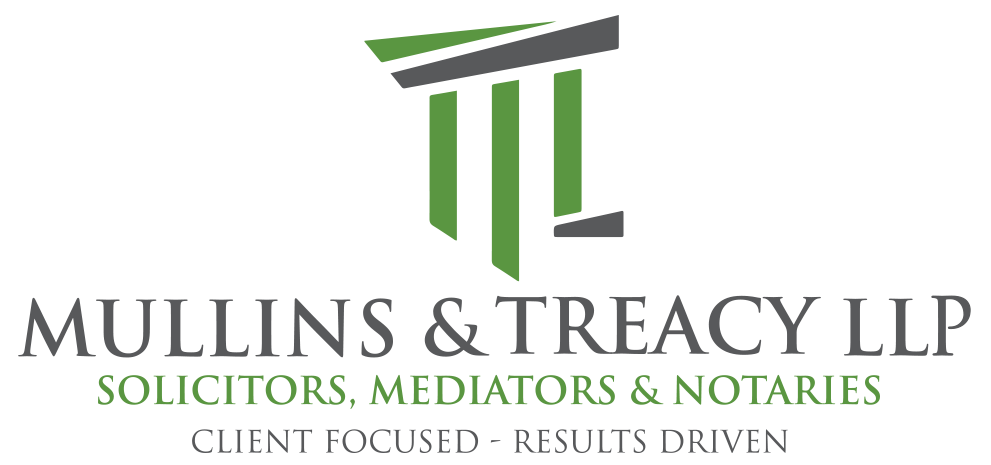Buying property in Ireland non resident
Can I Buy Property in Ireland as a Non-Resident?
Yes, you can buy a property in Ireland as a non-resident. There are no restrictions on foreign nationals buying residential property or commercial property in the State. However, you will need to get a PPS number and instruct an Irish property solicitor (lawyer).
If you’re a non-resident and you’re thinking about buying property in Ireland, here’s what you need to know.
Can foreign nationals buy property in Ireland?
Foreign nationals are allowed to buy property in Ireland, even if they do not live within the State. This includes both residential property and commercial property. Irish real estate is a popular investment option, considering that Ireland had the fastest growing economy in the European Union in 2020.
Does an Irish property give me the right to reside?
No, just because you own a property in Ireland, does not mean that you automatically have the right to reside in Ireland. You will have to satisfy the necessary immigration permissions. This depends on what passport you hold. Citizens from the UK, EU, EEA and Switzerland can live and work in Ireland without restrictions. Citizens from other countries may need a visa to stay in Ireland for more than 90 days.
If you are a non-EEA citizen and have significant funds to invest in Irish real estate, you might want to consider the Immigrant Investor Programme (IIP). If you are accepted, you and your family will be given the right to reside in Ireland.
Does an Irish commercial property allow me to open a business?
Similarly, the purchase of an Irish commercial property does not automatically entitle you to operate a business in Ireland. As above, citizens from the UK, EU, EEA and Switzerland can start a business in Ireland without restrictions. Citizens from other countries may need permission.
How do I buy a property in Ireland?
The first step is to find a property you want to purchase. If you cannot get to Ireland, you can view properties online and/or instruct an agent to help you. Once you find a property, you need to make an offer. If this is accepted, you’ll likely be asked to pay a booking deposit. This is beneficial because the estate agent will remove the property from the market for a period of time. The deposit is refundable until you sign the contracts. Once this has been done, the next step is to instruct an Irish property solicitor (lawyer) who will handle the rest of the conveyancing process for you.
Read more about our 10 Step Guide to Buying a Residential Property in Ireland. It should be noted that the process differs if you are Buying a Property at Auction.
Where do I find an Irish property solicitor?
You can find a solicitor by checking the Law Society of Ireland’s website. If a solicitor or firm is listed on the site, you can rest assured that they have the necessary credentials to practice law. The legal process of buying and selling property is often called ‘conveyancing’. This is a specialist area of the law, so you should check that your chosen firm has a dedicated conveyancing solicitor – as we do here at Mullins & Treacy LLP Solicitors.
What if I can’t get to Ireland to sign the paperwork?
If you cannot get to Ireland to sign the paperwork, you might want to grant your solicitor power of attorney. This allows your solicitor to conduct the transaction on your behalf.
Can I rent the property out?
Yes, you are allowed to rent the property out. If you are a non-resident landlord then this will have tax implications. Your solicitor can explain this to you in more detail.
What is a PPS number?
If you want to buy a property in Ireland, you’ll have to get an Irish Personal Public Service (PPS) number. This is a tax identification number that is equivalent to a National Insurance number in the UK, a SIN number in Canada and a SSN in the USA. Your solicitor can advise you on this requirement.
Will I have to pay tax on my Irish property?
Yes, you will have to pay Stamp Duty when you buy the property. This is a one-time fee. There will also be an annual local property tax. If the property is not your main residence, you may also be subject to Capital Gains Tax when you sell, although exemptions do apply. VAT may be payable on commercial properties.
Non-residents may or may not have to pay Irish income tax. Ireland has signed double tax treaties with 73 countries. If you are a citizen from one of these countries, then generally speaking you will not be taxed on the same income twice.
Speak to our property lawyers Ireland
If you need an Irish property lawyer to help you with a real estate transaction, look no further than the team here at Mullins & Treacy LLP Solicitors. We are client focused and results driven.
Our property solicitors serve those buying, selling, renting and leasing both residential and commercial property.
If you would like to speak to our property solicitors, call us on 051 391 488 or email reception@mullinstreacy.ie for a no obligation enquiry. We are client focused and results driven.
Before you go…
We don’t just do Probate and Powers of Attorney! We can also help you with:
Property Transactions
Personal Injury
Medical Negligence
Wills
Powers of Attorney
Family Law

 Mullins & Treacy LLP LLP Solicitors Waterford
Mullins & Treacy LLP LLP Solicitors Waterford